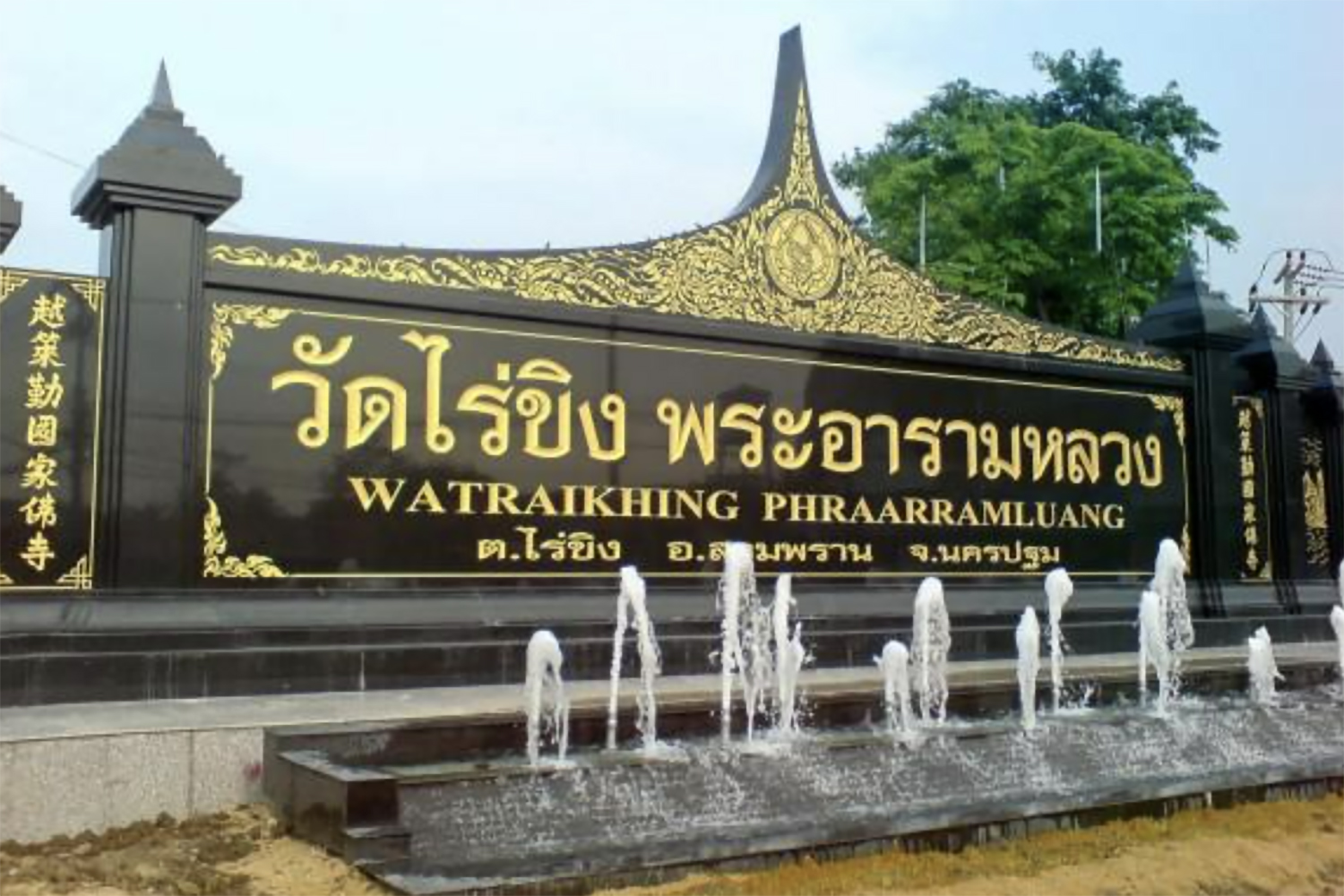Lisa’s Viral Impact: A Celebration of Thai Culture
Lalisa “Lisa” Manobal, the renowned Thai K-pop superstar, has once again captured global attention with her latest music video, “Rockstar.” Released on June 28, 2024, the video showcases the vibrant nightlife of Yaowarat, Bangkok’s iconic Chinatown. The release has sparked a significant trend, drawing fans to the bustling food street where it was filmed.
Record-Breaking Views and Social Media Buzz
The “Rockstar” teaser quickly went viral, amassing over 4.9 million views on YouTube shortly after its release, making it the platform’s top trending video at that time. Additionally, Lisa’s related posts on Instagram and TikTok garnered impressive engagement, with over 3.3 million likes and 4.5 million views respectively. This surge in popularity highlights Lisa’s influence and her ability to promote Thai culture on a global scale.
Influencers Join the Trend: Recreating Iconic Scenes
In Thailand, influencers and celebrities have embraced the “Rockstar” trend by recreating memorable scenes from the music video in Yaowarat. This phenomenon has turned into a viral sensation, further amplifying Lisa’s impact on social media and tourism in Bangkok.
Previous Contributions to Thai Culture
This isn’t the first time Lisa has showcased Thailand’s “soft power” internationally. In her previous music video for “LALISA,” she wore a stunning traditional Thai outfit that sparked global interest in Thai fashion. Furthermore, during the Covid-19 pandemic, she promoted local cuisine by endorsing the famous “standing meatballs” at Buri Ram railway station, significantly boosting sales for struggling vendors.
Bangkok Governor’s Gratitude
Amidst the excitement surrounding “Rockstar,” Bangkok Governor Chadchart Sittipunt expressed his appreciation to Lisa for choosing Yaowarat as her filming location. He emphasized that her presence has greatly benefited the area and highlighted the need for improvements in public facilities to enhance the tourist experience.
Future Developments for Yaowarat
Governor Sittipunt noted that while Lisa’s music video attracts visitors, it is crucial for local vendors and authorities to work together to ensure a positive experience for tourists. He called for enhancements in infrastructure such as restrooms, pedestrian walkways, and traffic management to maintain visitor satisfaction and encourage repeat visits.
Lisa as a Cultural Ambassador
Through her music and promotional efforts, Lisa continues to serve as a cultural ambassador for Thailand, bringing international attention to its rich heritage and culinary delights. As fans flock to Yaowarat to experience the vibrant atmosphere depicted in “Rockstar,” Lisa’s influence is set to leave a lasting impact on both tourism and cultural appreciation in Bangkok.









